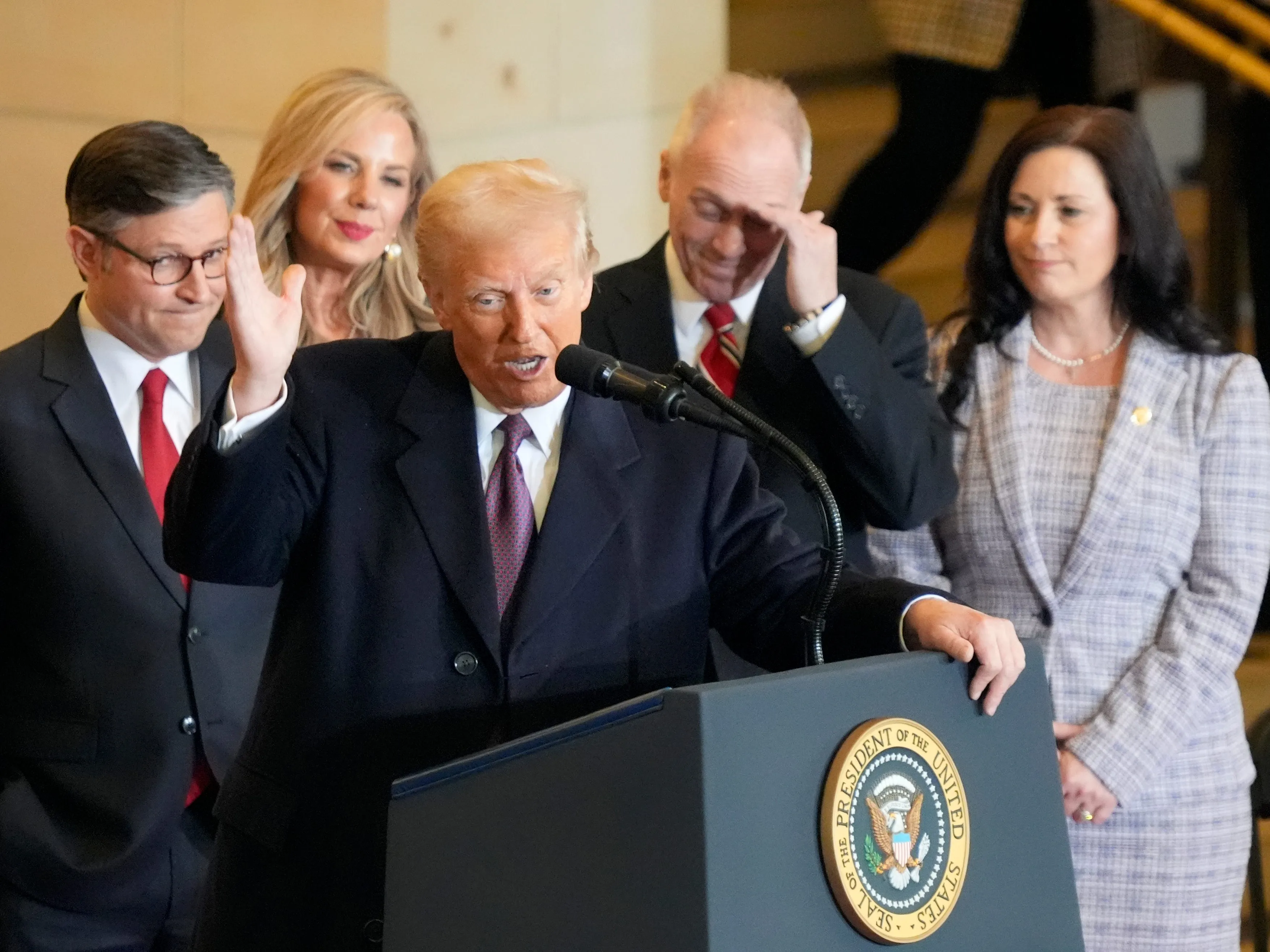In a shocking announcement, Agriculture Secretary Brooke Rollins revealed that millions of adult Medicaid recipients will be pressured to replace foreign farmworkers who have faced deportation under the Trump administration’s aggressive immigration policies. Rollins stated, “There will be no amnesty,” during a USDA event, reinforcing the administration’s strategy to continue the mass deportations while shifting the agricultural workforce towards automation and a so-called 100 percent American participation.
Stricter Work Requirements Threaten Medicaid Recipients
Rollins emphasized that there are 34 million able-bodied adults currently on Medicaid who could be directed into agricultural labor as they struggle to meet the new work requirements outlined in a GOP megabill. This proposal not only strips health coverage from vulnerable populations but also reflects a broader trend of using Medicaid as a tool for labor coercion. Research shows that imposing work reporting requirements on Medicaid participants reduces enrollment significantly, limits access to care, and fails to increase employment opportunities according to previous studies.
Farmers Express Alarm Over Labor Shortage
The agricultural sector is sounding alarms over the potential fallout from these deportation policies. Farmers across the nation rely heavily on immigrant labor to sustain the food supply chain, and the removal of these workers threatens not only their livelihoods but also the food security of millions of Americans. Prominent farmers and lawmakers have voiced concerns, highlighting the agriculture industry’s dependency on a diverse workforce. As recent proposals by the Biden administration aim to enhance protections for immigrant farmworkers, the Trump administration appears more committed than ever to its punitive immigration stance.

Trump leaves mark on immigration policy, some of it lasting | AP News
Automating Labor at the Expense of Workers
Rollins’ comments about moving towards automation underscore a troubling trend: the dehumanization of labor. By suggesting that American workers can easily fill the gaps left by deported immigrants, the administration ignores the complexities of agricultural work and the barriers many Americans face, including health issues, lack of transportation, and insufficient training. The push for automation not only threatens jobs but also raises ethical questions about the future of labor in agriculture.
Political Backlash Against Farmworker Protections
While Rollins promotes this controversial policy at the USDA headquarters, dissent is rising within the GOP. High-profile figures such as MAGA influencer Charlie Kirk and Senator Mike Lee have publicly opposed any form of amnesty for farmworkers, fearing it could fracture the party’s base. This internal conflict reflects the broader societal tensions around immigration and labor rights, as research indicates that the H-2A visa program has quadrupled in recent years, leading to growing concerns among labor advocates regarding worker exploitation.

Republicans float Medicaid job mandate to trim costs
Impact on Farmworkers and Rural Communities
The implications of these policies extend far beyond the immediate workforce. Rural communities, which often rely on immigrant labor for economic stability, could see devastating effects as the deportation policies intensify. The push towards automation, combined with a lack of protections for immigrant workers, threatens to dismantle the very fabric of these communities. As reported by advocacy groups, the continued marginalization of immigrant laborers could exacerbate poverty and health issues in rural areas already struggling with economic decline.

![[Video] Federal officers deploy sting balls and flash grenades at Whipple Building](/_next/image?url=%2Fapi%2Fimage%2Fthumbnails%2Fthumbnail-1768340555229-vhfcc-thumbnail.jpg&w=3840&q=75)
![[Video] Crowd-control weapons used in Minneapolis as anti-ICE protesters attack police vehicle](/_next/image?url=%2Fapi%2Fimage%2Fthumbnails%2Fthumbnail-1768336302231-akxf7s-thumbnail.jpg&w=3840&q=75)

![[Video] Protests erupt in Minneapolis after ICE detains teenager, multiple arrests made](/_next/image?url=%2Fapi%2Fimage%2Fthumbnails%2Fthumbnail-1768331835371-z9ylqg-thumbnail.jpg&w=3840&q=75)


![[Video] Gunfire between Iraqi security forces and Sadr militias in Baghdad](/_next/image?url=%2Fapi%2Fimage%2Fthumbnails%2Fthumbnail-1768343508874-4redb-thumbnail.jpg&w=3840&q=75)
